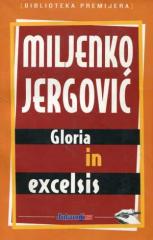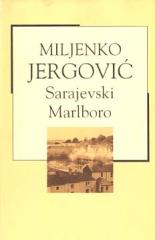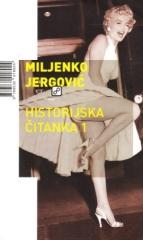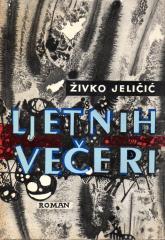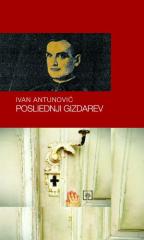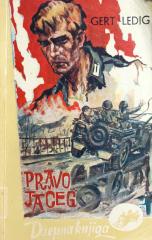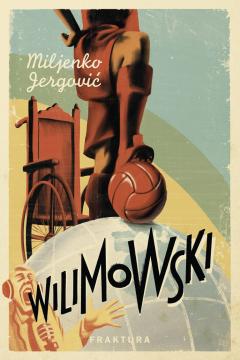
Wilimowski
A small novel about big questions – identity in exile, hope in hopelessness, beauty that blooms in "miril", a place for the dead. Jergović's language turns the Adriatic into a mirror of the apocalypse: the waves whisper of war, and the ball rolls towards
At the dawn of World War II, a Polish professor from Krakow takes his seriously ill son and a retinue of assistants to the Adriatic in search of the miraculous Hotel Orion near Crikvenica - an idyllic haven where hope clashes with a premonition of global catastrophe.
The journey is epic and filled with obstacles: from the Krakow train, to a rented car, to a walk in a palanquin procession through the Dalmatian hills. The Poles, strangers in this country, arouse suspicions among the local fishermen and peasants - who are they, why are they here? Tensions rise when they set up a radio antenna: the son, a frail young man, longs to hear the broadcasts of the 1938 World Cup from France. In a dramatic match between Brazil and Poland, footballer Ernest Wilimowski, the "eagle" of Polish football, scores four goals - a heroic act that does not save Poland from defeat. That moment breaks something in the father: joy turns into a premonition of loss, and brings his son the most beautiful, last dream before the disease takes its toll.
Jergović captures the spirit of the era through small details: the fears of the Yugoslavs before the German splendor, the fears of the Poles about the coming massacre, the optimism of the hotel guests dancing tango under the stars. The Orion Hotel, on the edge of the world, becomes a microcosm of Europe: the owner, an eccentric Dalmatian, guests from different nations, the disease as a metaphor for the plague of war, football as a false salvation.
One copy is available
